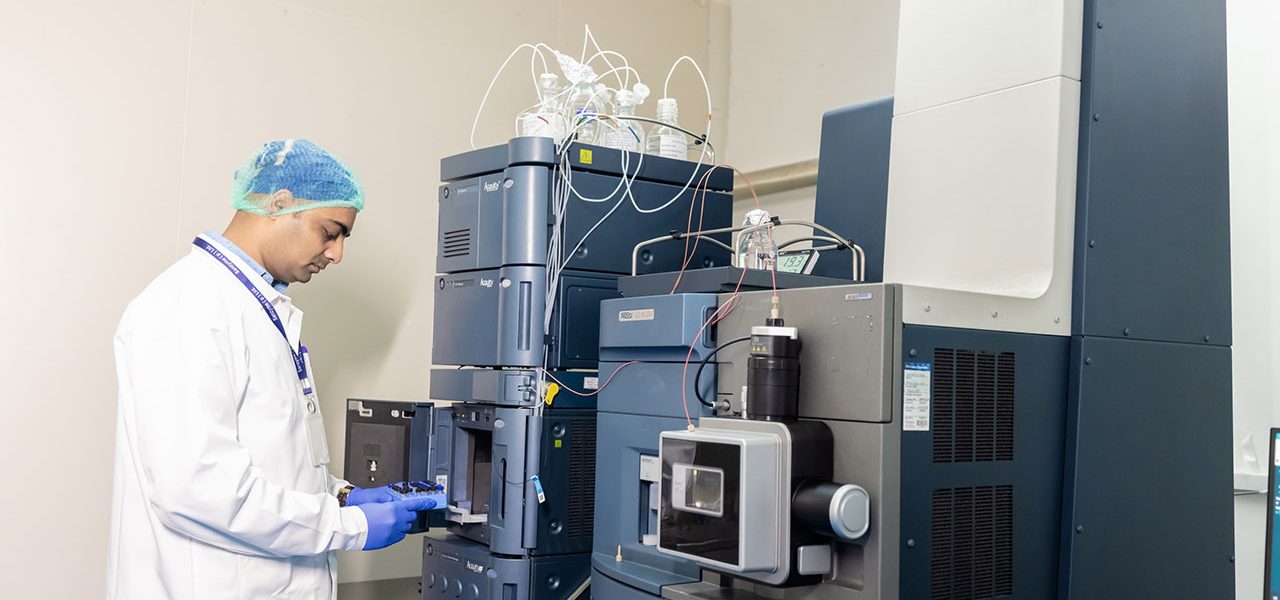When it comes to human reproduction, hormones play a crucial role in regulating fertility and reproductive health. One of the most important of these is FSH – Follicle Stimulating Hormone. Whether you’re learning about fertility, undergoing IVF (In Vitro Fertilization), or exploring treatments involving Human Menopausal Gonadotropin (hMG), understanding FSH is key.
What Is FSH?
Follicle Stimulating Hormone (FSH) is a type of gonadotropin produced by the pituitary gland, located at the base of the brain. It works alongside another hormone, LH (Luteinizing Hormone), to control the function of the ovaries in females and the testes in males.
FSH in Women
In women, FSH is responsible for stimulating the growth and maturation of ovarian follicles — the tiny sacs in the ovaries that contain eggs. As follicles grow, they produce estrogen, which helps prepare the uterus for potential pregnancy.
- During the menstrual cycle, rising FSH levels promote the selection of a dominant follicle that will eventually release a mature egg during ovulation.
- If FSH levels are too low or too high, it can lead to irregular cycles or infertility.
FSH in Men
In men, FSH acts on the Sertoli cells in the testes to support spermatogenesis – the process of sperm production. Adequate FSH levels are essential for maintaining sperm count, quality, and overall fertility.
FSH, Human Menopausal Gonadotropin, and Fertility Treatments
Human Menopausal Gonadotropin (hMG) is a fertility medication that contains both FSH and LH. It is often prescribed in assisted reproductive techniques like IVF (In Vitro Fertilization) and ICSI (Intracytoplasmic Sperm Injection).
- In women, hMG or recombinant FSH injections stimulate the ovaries to produce multiple mature eggs, increasing the chances of successful fertilization.
- In men with certain types of infertility, FSH therapy can help improve sperm production.
FSH Testing and Hormone Balance
A blood test for FSH levels is commonly done to evaluate:
- Ovarian reserve in women (especially before IVF)
- Menstrual irregularities
- Testicular function in men
- Causes of infertility in both genders
Abnormal FSH levels can indicate hormonal imbalance, ovarian failure, or pituitary disorders.
FSH in IVF and ICSI Procedures
During IVF, FSH medications help multiple eggs mature simultaneously, which can then be retrieved for fertilization in the lab.
In ICSI, a single sperm is injected directly into an egg — and the success of this process often depends on the quality of eggs developed through FSH stimulation.
Conclusion
FSH – Follicle Stimulating Hormone is a cornerstone of human fertility and reproductive health. It governs egg and sperm production, influences hormone balance, and plays a vital role in fertility treatments like IVF and ICSI. With advances in medical science, FSH-based therapies, including Human Menopausal Gonadotropin (hMG), offer hope to countless couples seeking to start a family.
Keywords: FSH – Follicle Stimulating Hormone, Human Menopausal Gonadotropin, IVF, ICSI, fertility hormones, reproductive health
Last modified: October 30, 2025









